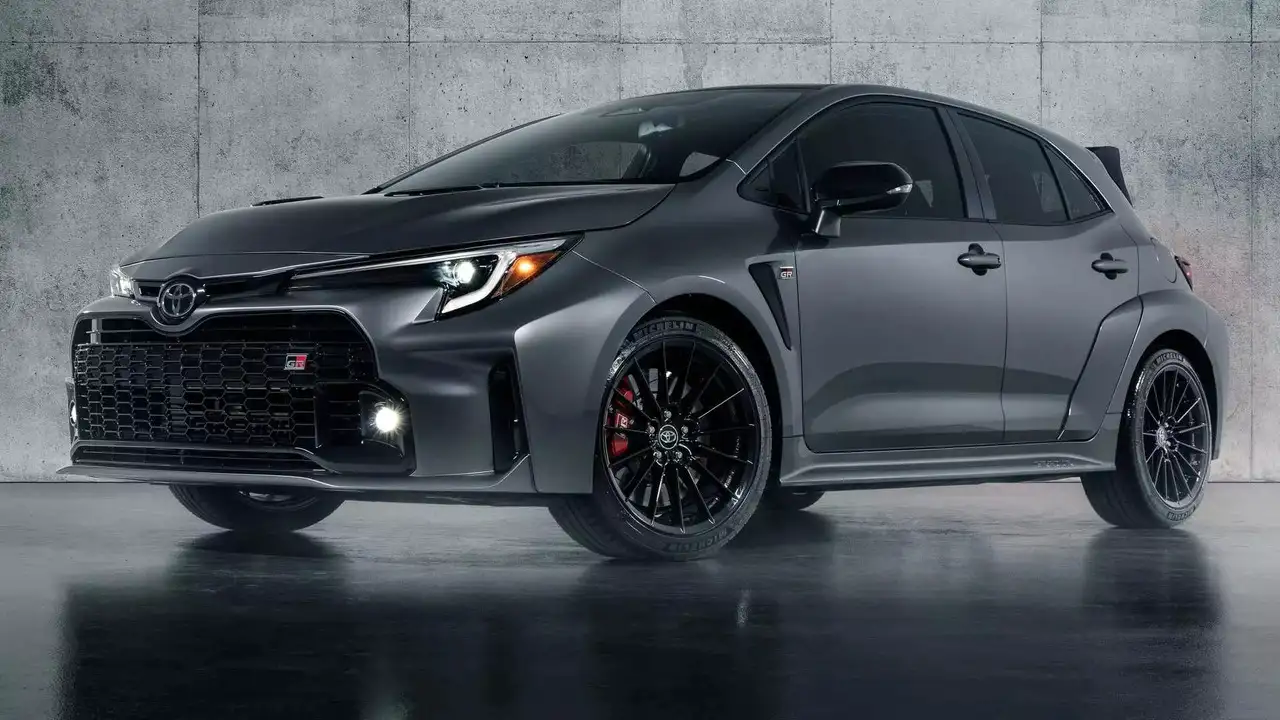As the demand for fuel-efficient vehicles continues to grow in India, an unexpected trend is emerging—prices of these eco-friendly, economy-centric cars are set to rise significantly. Cars that prioritize fuel efficiency, once lauded for their affordability and cost-effectiveness, are now witnessing a surge in pricing. This development has important implications for buyers, manufacturers, and the overall automotive market.
Why Are Fuel-Efficient Cars Becoming More Expensive?
Several interconnected factors contribute to the rising prices of fuel-efficient cars:
1. Advanced Technology Integration:
Modern fuel-efficient cars often incorporate cutting-edge technologies such as turbocharged small-capacity engines, mild-hybrid systems, and continuously variable transmissions (CVT). These advancements improve mileage but come with higher production costs, which inevitably reflect in the retail price.
2. Increasing Raw Material Costs:
The automotive industry is grappling with rising costs of steel, aluminum, plastics, and electronic components—key materials in manufacturing lightweight, efficient vehicles. The increased input expenses are passed on to consumers through price hikes.
3. Stricter Emission Norms:
Compliance with Bharat Stage VI (BS-VI) emission standards and other future regulations requires manufacturers to invest heavily in engine optimization and exhaust treatment technologies. These upgrades contribute to higher manufacturing costs.
4. Inflation and Operational Expenses:
General inflation, rising labor wages, and transportation costs have added to the overall cost structure, forcing automakers to revise prices upwards.
5. Supply Chain Constraints:
Global semiconductor shortages and logistical challenges have disrupted vehicle production worldwide. Delays and increased costs in acquiring critical components affect the final pricing of fuel-efficient cars.

Impact on Buyers and Market Trends
The price surge in fuel-efficient cars presents both challenges and opportunities for Indian consumers:
- Higher Initial Investment: Buyers looking for economy cars will face increased upfront costs, potentially stretching budgets and affecting affordability.
- Shift in Buyer Priorities: Some buyers may reconsider their options, weighing fuel efficiency against other factors such as performance, features, and overall value.
- Growth in Alternative Fuel Vehicles: The price increase could accelerate interest in electric vehicles (EVs) and hybrid models as consumers seek long-term savings despite higher purchase prices.
- Increased Demand for Pre-Owned Economy Cars: With new fuel-efficient cars getting pricier, the used car market may experience a surge in demand for affordable, low-mileage vehicles.
Benefits of Fuel-Efficient Cars Despite Price Hikes
Even with rising prices, fuel-efficient vehicles continue to offer significant advantages:
- Lower Running Costs: Better mileage translates into substantial fuel savings over the life of the vehicle, offsetting the initial cost increase.
- Reduced Environmental Impact: Fuel-efficient cars emit fewer pollutants and contribute less to carbon footprints, aligning with India’s environmental goals.
- Improved Driving Experience: Many fuel-efficient models now feature refined engines and transmissions that enhance both performance and comfort.
Tips for Buyers Planning to Purchase Fuel-Efficient Cars
To navigate the price surge effectively, buyers should consider the following:
- Evaluate Total Cost of Ownership: Look beyond the sticker price by factoring in fuel savings, maintenance, insurance, and resale value.
- Compare Different Powertrains: Assess traditional petrol/diesel engines against mild-hybrid and other fuel-saving technologies to find the best fit.
- Explore Financing and Offers: Take advantage of attractive loan schemes, EMI plans, and promotional discounts offered by dealers.
- Purchase Timing: Consider buying before the price revisions take full effect to save on costs.
The Future Outlook for Fuel-Efficient Cars in India
Despite short-term price increases, the future of fuel-efficient cars in India remains promising. Ongoing technological advancements, coupled with increased localization of parts and manufacturing, are expected to stabilize prices over time.
Additionally, government policies encouraging clean and efficient vehicles, along with rising fuel costs, will sustain demand for fuel-efficient models. Automakers are also expected to introduce more variants with hybrid technologies, further improving mileage and reducing emissions.
Conclusion
Fuel efficiency-focused cars in India are facing a price surge driven by advanced technology costs, raw material inflation, regulatory compliance, and supply chain challenges. While this trend presents a higher entry barrier for buyers, the long-term benefits of fuel savings and environmental impact make these cars a valuable investment.
Prospective buyers should approach the market with a comprehensive evaluation strategy, considering total ownership costs and available financing options. As India’s automotive landscape evolves, fuel-efficient cars will continue to play a vital role in balancing economic and ecological needs for consumers across the country.







